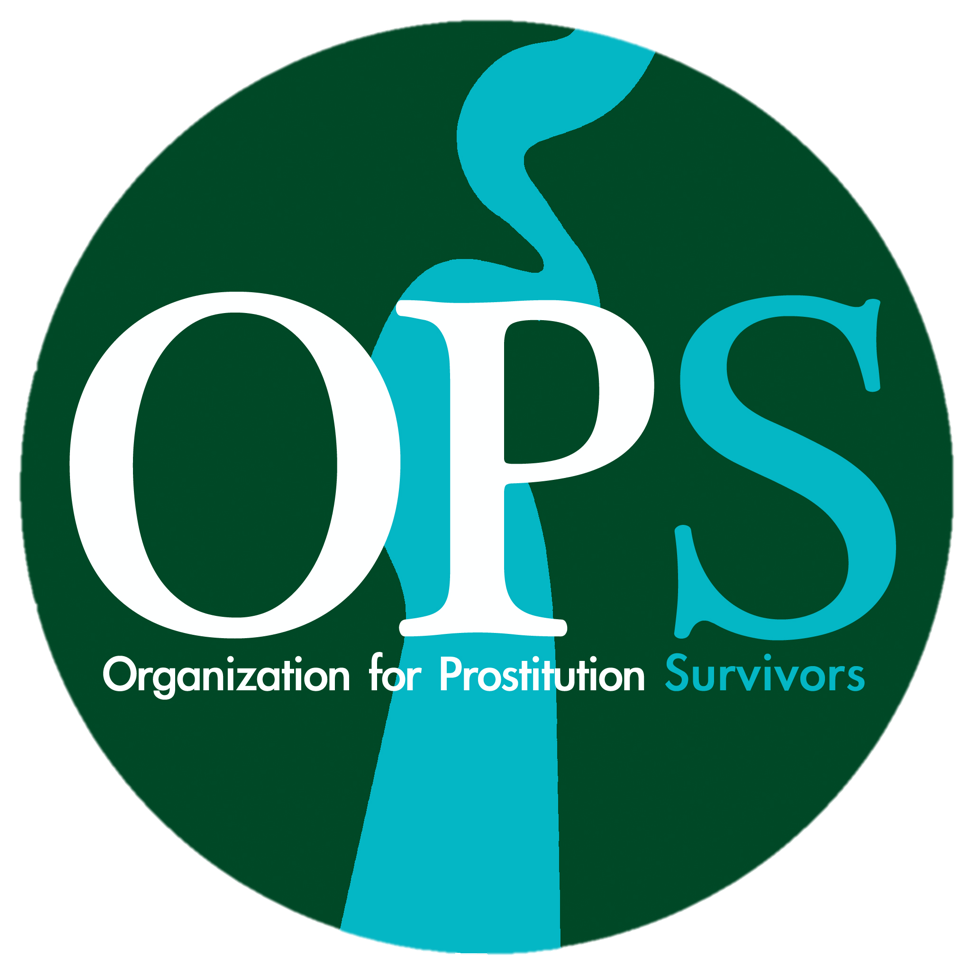Empowering Survivors: Setting Boundaries for Healing and Autonomy
Dear survivor,
Navigating life after trauma can leave us feeling adrift without the guideposts of healthy boundaries. But within you lies the power to reclaim control over your life and well-being.
Boundaries, like gentle stop signs along your journey, play a crucial role in safeguarding your mental and emotional health. It's essential to recognize that where you draw these lines and define what crosses them is deeply personal, influenced by your beliefs, values, and cultural background.
As you embark on the journey of setting healthy boundaries, here are some empowering tips to guide you along the way:
Goal-Setting: Take a moment to reflect on the purpose behind each boundary. By clarifying your intentions, you empower yourself to assert your needs confidently.
Start Small: Setting boundaries can feel daunting. Remember, progress is a step-by-step process. Begin with one boundary, focusing on it before moving to others.
Be Clear: Effective communication is key. Articulate your needs honestly and assertively, expressing what you deserve in a clear manner.
Practice, Practice, Practice: If the idea of setting boundaries feels overwhelming, remember that you are not alone. Consider rehearsing what you want to say or practicing in front of a mirror to build confidence in expressing your truth.
Keep it Simple: Remember, simplicity is key in boundary setting. Focus on addressing the main issue bothering you directly without overloading others with unnecessary details.
Remember, survivor, setting healthy boundaries is an act of self-care, self-respect, and empowerment.
Learning to say no after trauma can feel like stepping on someone's toes without stopping to apologize. In other words, it can feel harsh, cruel, rude, and downright awful to set a boundary or put your needs first. During experiences of sexual assault and commercial sexual exploitation, we may learn that our bodies are not our own, which makes saying no after trauma very difficult.
It's okay — and necessary — to prioritize your own needs and safety.
The Importance of Learning to Say No After Trauma
Learning to say no after enduring trauma, especially abuse of any sort, is a crucial part of healing and protecting yourself. The recurrence of the same trauma on a particular individual, known as (re)victimization, is a common outcome of abuse. Survivors of assault may be able to address these wounds and say no in such situations with therapy.
Learning to Say No After Trauma
Work on setting boundaries in various aspects of your life, from your career to your relationships.
Even though it's uncomfortable, learning to say no can be empowering. Additionally, it can help you find the right support system. If someone doesn't respect your boundaries, you quickly discover they aren't for you.
By continuing to honor yourself and your own needs, you are building the strength to stand your ground and have your own back. Consistency is key, and the more you ask yourself, "What do I need right now?" the more you learn about and respect yourself.
If you find yourself needing support or guidance on this journey, OPS stands ready to accompany you. Our comprehensive services are designed to uplift and empower survivors just like you. Share this post to spread awareness and support others on their path to setting boundaries and reclaiming their voice.
Together, we can create a world where every survivor's boundaries are respected, honored, and cherished. You are not alone in this journey toward healing and empowerment.
With care and solidarity,
The Organization for Prostitution Survivors


